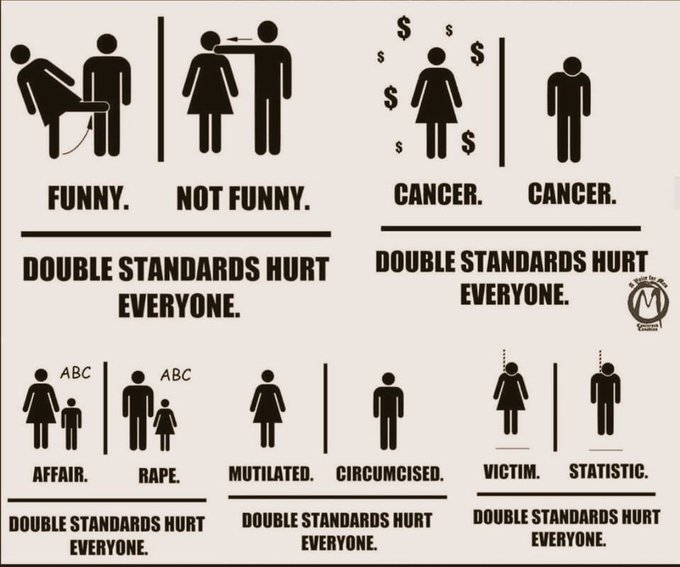Meme


A meme (pronounced meem) is an idea, behavior, or style that spreads by means of imitation from person to person within a culture and often carries symbolic meaning representing a particular phenomenon or theme. A meme acts as a unit for carrying cultural ideas, symbols, or practices, that can be transmitted from one mind to another through writing, speech, gestures, rituals, or other imitable phenomena with a mimicked theme. Supporters of the concept regard memes as cultural analogues to genes in that they self-replicate, mutate, and respond to selective pressures. In popular language, a meme may refer to an Internet meme, typically an image, that is remixed, copied, and circulated in a shared cultural experience online.
Proponents theorize that memes are a viral phenomenon that may evolve by natural selection in a manner analogous to that of biological evolution. Memes do this through the processes of variation, mutation, competition, and inheritance, each of which influences a meme's reproductive success. Memes spread through the behavior that they generate in their hosts. Memes that propagate less prolifically may become extinct, while others may survive, spread, and (for better or for worse) mutate. Memes that replicate most effectively enjoy more success, and some may replicate effectively even when they prove to be detrimental to the welfare of their hosts.
A field of study called memetics arose in the 1990s to explore the concepts and transmission of memes in terms of an evolutionary model. Criticism from a variety of fronts has challenged the notion that academic study can examine memes empirically. However, developments in neuroimaging may make empirical study possible. Some commentators in the social sciences question the idea that one can meaningfully categorize culture in terms of discrete units, and are especially critical of the biological nature of the theory's underpinnings. Others have argued that this use of the term is the result of a misunderstanding of the original proposal.
The word meme itself is a neologism coined by Richard Dawkins, originating from his 1976 book The Selfish Gene. Dawkins's own position is somewhat ambiguous. He welcomed N. K. Humphrey's suggestion that "memes should be considered as living structures, not just metaphorically" and proposed to regard memes as "physically residing in the brain. Although Dawkins said his original intentions had been simpler, he approved Humphrey's opinion and he endorsed Susan Blackmore's 1999 project to give a scientific theory of memes, complete with predictions and empirical support.
Memes are used widely by MRAs and anti-feminists to demonstrate double standards and other problems facing men and boys.
Wikipedia
This article contains information imported from the English Wikipedia. In most cases the page history will have details. If you need information on the importation and have difficulty obtaining it please contact the site administrators.
Wikipedia shows a strong woke bias. Text copied over from Wikipedia can be corrected and improved.


